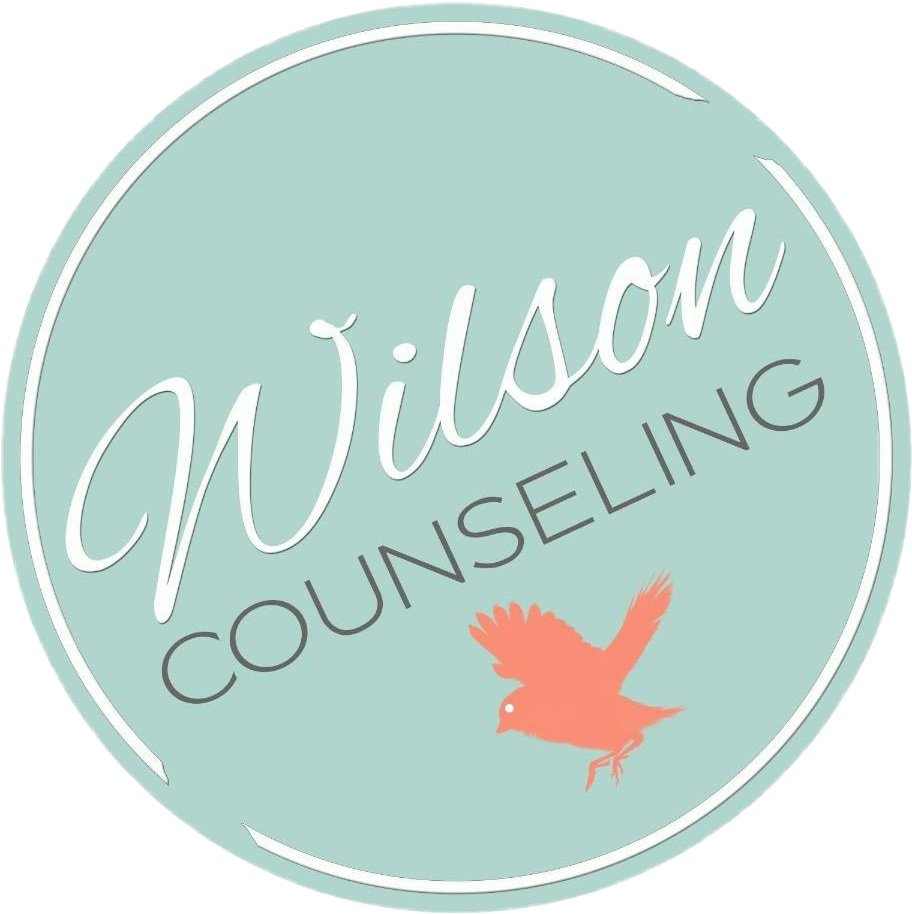What starts as healthy eating can morph into an anxious obsession.
Believe it or not, there is such a thing as too much healthy eating. As a culture, we are obsessed with food, weight, physical appearance, and thinness. As a Houston eating disorder therapist, I am all for being healthy, but sometimes it can become a preoccupation that becomes obsessive and compulsive. When the desire for healthy and nutritional eating becomes obsessive, it can turn into an eating disorder called orthorexia nervosa.
Usually, orthorexic behaviors start innocently enough with a diet intended to improve one’s health, but it can turn into an obsession with eating foods with the least amount of fat and carbohydrates and with the highest nutritional values.
What is the problem with healthy eating?
What is the problem with that? For some people, it’s not a problem. If you can manage to eat nutritionally balanced meals, these changes can be good for your body. But, if you tend to be a perfectionist or someone who is more compulsive, it can become a full-blown eating disorder which may require eating disorder treatment.
People with orthorexia often think about food constantly. I have had clients who spend the majority of their waking hours thinking about food and weight. Their lives start to revolve around finding healthy recipes, looking at social media posts about healthy food, and eating only the smallest quantities of the lowest calorie, lowest fat foods. This often results in weight loss.
When people first start to lose weight, restrictive eating behaviors are reinforced because they are usually praised for the weight loss and for their discipline in sticking to such “healthy” eating. People become more and more dependent on eating disorders the longer this goes on. If you are a loved one of someone who has orthorexia, it can be hard to know how to support them. We have more tips about that in this post.
Although orthorexia is not an official diagnosis in the DSM-IV, most eating disorder professionals recognize it as a problem and as a form of disordered eating. How do you know if you have orthorexia? Below are some of the symptoms of orthorexia.
Symptoms of orthorexia
Compulsively checking nutritional labels
Cutting out perceived “bad” or “unhealthy” foods such as fats, meat, carbohydrates, and sugar
Feeling upset when “healthy” foods are not available
Feeling shame, anger, and anxiety when eating foods one perceives as not clean or healthy
Obsessively following social media pages and posts about “healthy” foods
Spending hours every day thinking about what one will eat or what will be served
Health consequences of orthorexia
What is the problem with eating healthy? Aren’t we in the middle of an obesity epidemic? The simple answer is that healthy eating is, well, healthy. Being obsessed with healthy eating, however, veers into eating disorder territory. It’s pretty common for people with eating disorders to deal with anxiety. If you struggle with orthorexia, the anxiety that comes from eating “bad” foods can be disruptive to your life. This fear can lead to extreme eating behaviors that are problematic both emotionally, nutritionally, and socially.
Physical effects: malnutrition, anemia, low heart rate, poor bone health, electrolyte, and hormonal imbalances
Social effects: social isolation (because social events often involve eating)
Emotional effects: anxiety, shame, fear, obsessive thoughts
Treatment for Orthorexia in Houston, Texas
If you don’t struggle with orthorexia, you still may not understand why it’s a problem. However, if you are in the obsessive cycle of orthorexia, you know how demanding and draining it is to live like that. You can get help. Treatment for orthorexia is similar to that of any other eating disorder. I recommend you contact one of our eating disorder therapists to begin the journey of recovery. Even if you feel some ambivalence or worry about what will happen to your body if you don’t keep eating cleanly, a therapist can help you find your motivation and live the life you want for yourself. You can find freedom from your eating disorder.
The advice in this blog is not a substitute for professional counseling.
OTHER THERAPY SERVICES WE OFFER IN HOUSTON, TX
In addition to Eating Disorder Therapy, we have other mental health services that we offer at our Houston, TX counseling office. Our services are available for adults, children, and teens. For individuals, we offer Anxiety Therapy, Child Therapy, Couples and Marriage Therapy, Family Therapy, School and College Counseling, Autism Therapy, Perinatal and Postpartum Treatment, and Infertility Counseling. As well as EMDR Therapy, Trauma Therapy and PTSD Treatment and LGBTQ+ Counseling. Our caring therapists also offer Career Counseling, and LPC Supervision. All of these services are also available through Online Counseling throughout Texas.
Contact us at Wilson Counseling to find out more about our services or to schedule an appointment. You can find out more about eating disorders here. You don't have to go through this alone. We are in this together.





